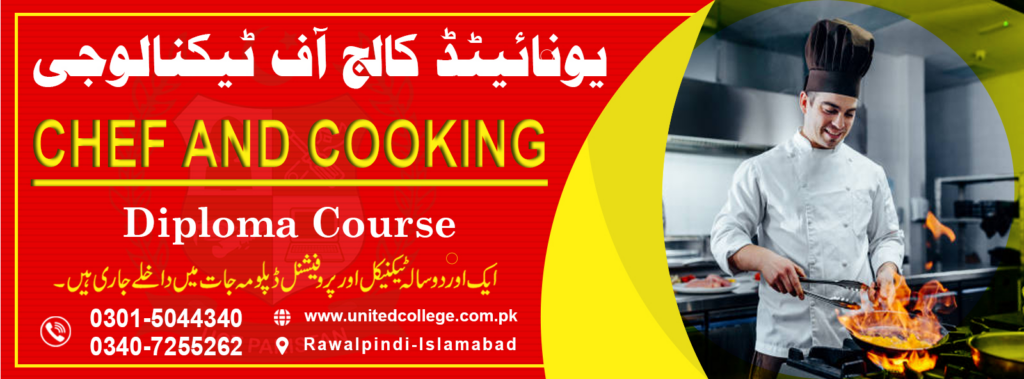Chef and Cooking Jobs

Introduction:
Chef and cooking jobs encompass a wide range of roles and responsibilities within the culinary industry, catering to diverse career aspirations and skill levels. From entry-level positions to executive chef roles, opportunities abound for passionate individuals seeking to make their mark in the world of food and hospitality.
Types of Chef and Cooking Jobs
-
Line Cook: Entry-level position where cooks prepare and assemble dishes according to recipes and guidelines set by senior chefs. This role is crucial in maintaining kitchen operations smoothly.
-
Sous Chef: The second-in-command in the kitchen, sous chefs assist the head chef in managing daily operations, supervising staff, and ensuring food quality and consistency.
-
Pastry Chef: Specializes in creating desserts, pastries, and baked goods. Pastry chefs require artistic skills and a deep understanding of baking techniques and ingredients.
-
Executive Chef: Oversees the entire kitchen operation, from menu planning and food preparation to managing staff and maintaining kitchen hygiene standards. Executive chefs are responsible for ensuring culinary excellence and profitability.
-
Catering Chef: Manages food preparation and presentation for events such as weddings, parties, and corporate gatherings. Catering chefs must coordinate with clients and ensure timely delivery of high-quality meals.
-
Private Chef: Works directly for individuals or families, preparing personalized meals based on dietary preferences and culinary tastes. Private chefs often work in exclusive settings and require discretion and flexibility.
-
Restaurant Chef: Leads the kitchen team in a restaurant setting, responsible for menu creation, kitchen management, staff training, and maintaining food quality standards. Restaurant chefs play a pivotal role in the establishment’s success.
Skills and Qualifications
-
Culinary Expertise: Proficiency in cooking techniques, food preparation, and knowledge of ingredients are fundamental.
-
Creativity: Ability to innovate and create new dishes or put a unique twist on existing recipes.
-
Time Management: Efficiency in managing time and resources, especially during busy service hours.
-
Leadership: Strong leadership and communication skills to effectively manage kitchen staff and collaborate with other departments.
-
Adaptability: Flexibility to work in a fast-paced environment and adjust to changing menus or client preferences.
Career Advancement and Opportunities
-
Education and Training: Continuous learning through culinary programs, workshops, and certifications can enhance skills and career prospects.
-
Specialization: Developing expertise in a particular cuisine or culinary style can open doors to specialized roles or consulting opportunities.
-
Networking: Building relationships with industry professionals and participating in culinary competitions or events can lead to career growth and job opportunities.

 How to Find the Best Tutor in Los Angeles?
How to Find the Best Tutor in Los Angeles?  How You Get into the Canada’s Largest Engineering School
How You Get into the Canada’s Largest Engineering School  Explore the Top 10 Reasons Why to Study in the abroad!
Explore the Top 10 Reasons Why to Study in the abroad!  The Best Time to Book a Short Stay Apartment in Dubai
The Best Time to Book a Short Stay Apartment in Dubai  Maximize Your Potential With A CDL Truck Driving School
Maximize Your Potential With A CDL Truck Driving School  How students can book accommodation in York House Nottingham?
How students can book accommodation in York House Nottingham?  Exploring London’s Best Butcher Shops
Exploring London’s Best Butcher Shops  Enhance Your Shop Appeal with Sydney’s Best Carpentry Services
Enhance Your Shop Appeal with Sydney’s Best Carpentry Services  A Detailed Look at the Features of the LEGO Technic Mars Crew Exploration Rover
A Detailed Look at the Features of the LEGO Technic Mars Crew Exploration Rover